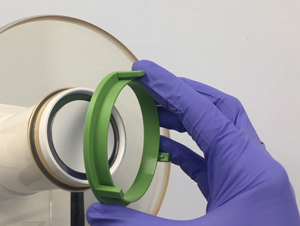Saving Money on Supplies
As dentists, this is one of our favorite topics. Perhaps only beaten out by discussing the interest rates we got from our banker. Obsession would be an understatement when talking about how we, as multi-practice, multi-provider practices view dental supply costs. We are taught from early on in school that cheaper is better and that we should always be shopping.
I like a deal as much as the next guy but in the last few years I’ve come to understand that there is a cost to:
- constantly beating up suppliers for lower prices
- constantly changing what we use because of cost
People, by and large, hate change. We hate to feel uncomfortable, we hate to try new things, we hate to be out of our element and we especially hate these things when in front of other people or when we are in a position of perceived authority (or having to perform). Every time we make a change to the supplies we use, we invite stress and loss of productivity so we must be vigilant about why and if we change anything even though, to us, it is not a huge deal.
A supplier, is a supplier, is a supplier… or at least I used to think so. In my eyes they all had the same products and it was simply a matter of getting them to war over who would give me the best price. They are, however, people as well. I am not saying I’ll pay more than I have to, but these days I do actually try to be reasonable, create relationships and stay with one supplier long term as long as they meet my needs. (The same can be said about bankers – I’ve recently learned how much latitude and credit I’ve gained by sticking with one bank for a long time.)
Other issues that large practices must deal with are:
- How much must you buy to get the price you want?
- What kind of financing will you get for what you buy?
- Will your payments/financing exceed the useful life of the supplies you buy?
- Shelf life?
- Storage?
- Security? (your stuff doesn’t show up on ebay)
- Is your purchasing person getting kick backs for buying from a given company?
- Is your purchasing person looking out for your best interest?
- Are you buying cheaper when there is a more expensive product that is faster or creates more capacity?
- What percentage of your gross is in supply costs?
What we measure improves. This is an undeniable fact. You are all smart people with large practices. You know how to make things happen and don’t need to be told how to do it. It is fun, however, sometimes to look at what your peers are thinking or looking at to give yourself a new view on yourself and your own practices. Just sayin’. Enjoy the ride and send in your commentary on this article to tell us what you do or what we missed.





